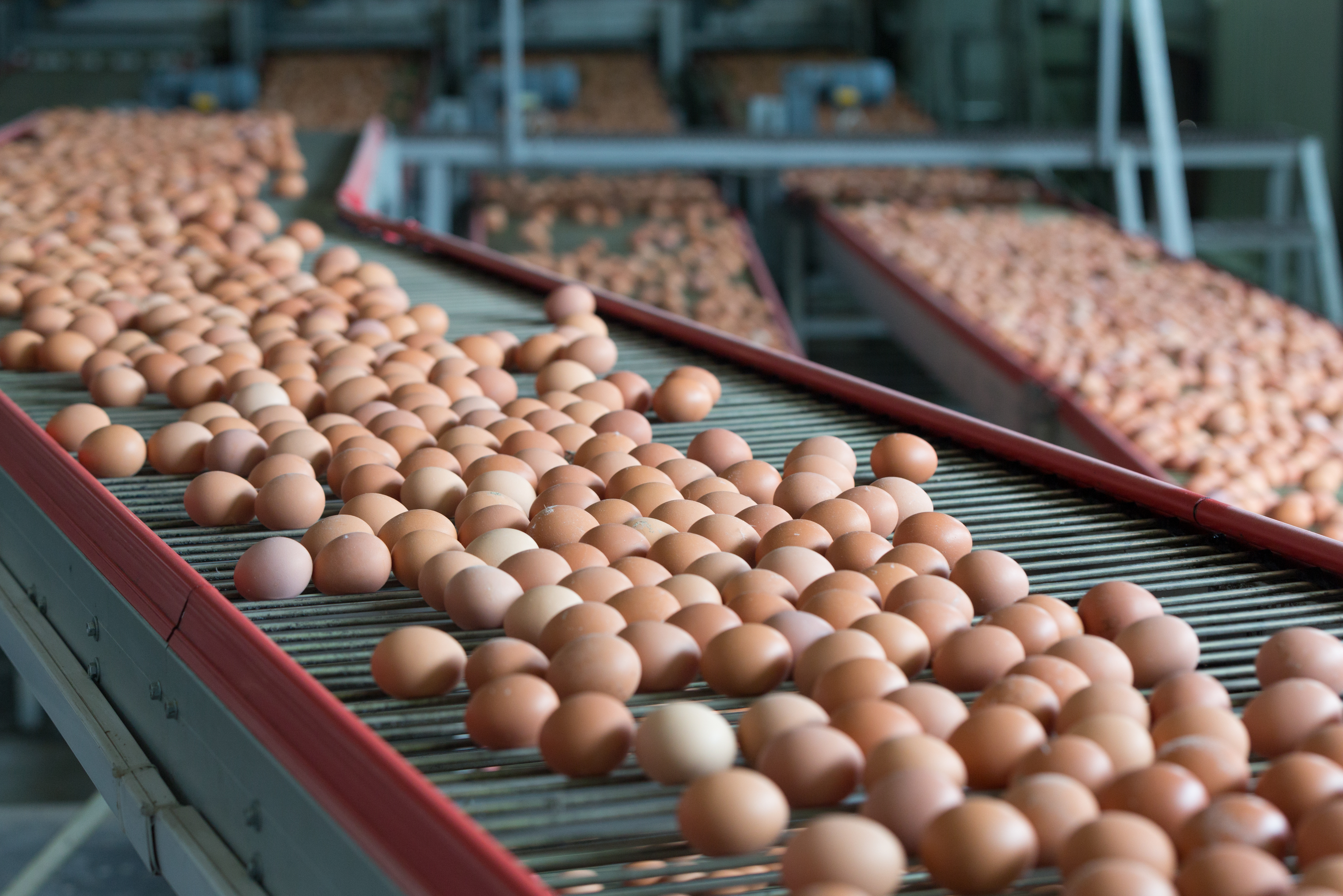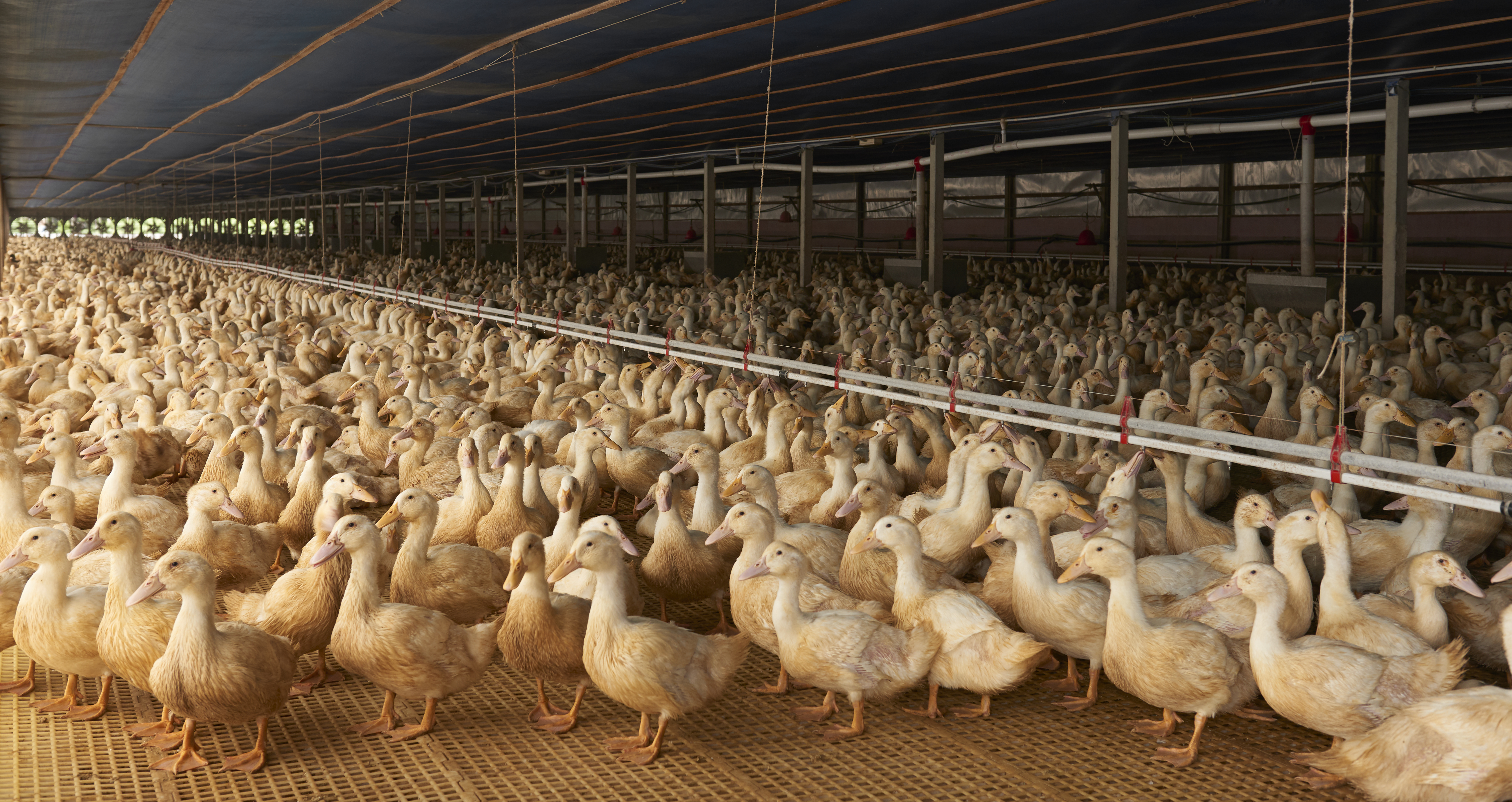



Egg supply tightens in Poland as EU bird flu crisis hits industry
Avian influenza in Europe is now approaching levels last seen in 2016 with egg supply shrinking in Poland, one of the hardest hit countries due to the loss of laying hens, in a sign that the virus is starting to strain the poultry industry.Reuters reports that the disease, commonly called bird flu, has been found in several European countries, decimating flocks with bruising losses for farmers already hit hard by COVID-19.
Asia is also experiencing outbreaks of the same highly pathogenic H5N8 strain as the livestock sector also reels from the deadly African swine fever epidemic.
Russia said over the weekend it has registered the first case of A(H5N8) bird flu being passed to humans from birds in seven workers at a poultry plant, raising concern that the virus could mutate into a human-to-human disease.
The disease tends to start in autumn, carried by migrating wild birds on their way from Asia to Europe.
"The number of outbreaks has surged even more than in difficult years," Monique Eloit, head of the World Organisation for Animal Health (OIE), told Reuters.
Around 5 million birds have already been culled in Poland, the European Union's largest poultry producer, data from the local chief veterinary inspectorate showed.
The total represents a small fraction of the EU's poultry flock and there is no sign yet of any shortage of chicken.
There were 6.4 billion chickens slaughtered for meat in the EU-27 in 2019, according to statistics issued by the United Nations Food and Agriculture Organisation (FAO).
The loss of laying hens has, however, reduced the supply of eggs and put some upward pressure on prices.

Prices for eggs on the wholesale market in Poland jumped by about 18% to 20% at the end of January, said Katarzyna Gawronska, the director of the National Chamber of Poultry and Feed Producers.
Data issued by the European Commission show egg prices are also rising in several other EU countries, including France and Germany, although they remain weak in another major producing country, Spain.
"Taking into account the losses in poultry in Poland and throughout Europe, the egg market has recently experienced a sharp price spike - these prices were dormant earlier," Gawronska said.
Poland produced 648,000 tonnes of eggs in 2019, making it the European Union's sixth largest egg producer, EU data showed.
German farmers were fearful of export bans on their eggs.
Florian Anthes, spokesman for German poultry farming and industry association ZDG, said there was concern about the prospect of export curbs as keeping hens indoors for long periods to avoid the disease would hit marketability of free-range eggs.
In 2019, prior to the COVID-19 epidemic, Germany exported about 1.7 billion eggs worth about €300 million mostly to the Netherlands, Belgium, Poland and Austria, figures from German agricultural agency BLE showed.
In France, bird flu had mainly hit duck farms in the southwest that supply the foie gras industry.
But the bird flu crisis there has slowed in the past weeks after 3 million birds were culled due to the disease, the farm ministry said. That represents about 3.5% of the total number of ducks slaughtered each year in France.

Other countries including Sweden and Germany have had to destroy large flocks to prevent the virus spreading. Bird flu outbreaks, like other animal diseases, often trigger trade restrictions.
That prospect forced some producers, including France's largest poultry group LDC, to recall exports which were already on their way to China.
However, importing countries' increasing approach to limit restrictions to those regions affected by the virus were seen softening the impact.
To combat the disease farmers are ordered to ensure that nets to keep out wild birds are installed properly, to disinfect facilities and check hygiene regimes.









